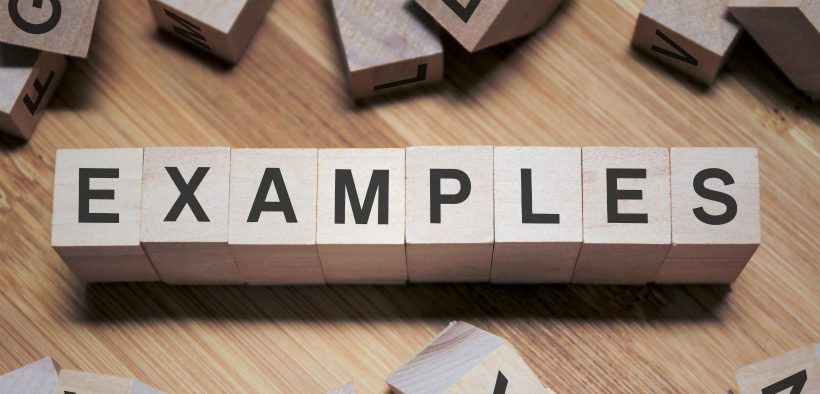We expect a lot of students as learners these days. Knowledge acquisition now means more than just receiving information. It involves students in actively constructing knowledge using what they know to make sense of the new content and its application. Learning at its best requires self-regulation, which mandates that students monitor and adjust their learning processes. And students should be learning in concert with others, which moves learning from a private to a public sphere, thereby increasing learners’ vulnerabilities. “Arguably, students can only fulfill these multiple expectations if they have robust academic self-efficacy beliefs about their capabilities” (Dixon et al., 2019, p. 460).
Building Students’ Confidence with Exemplars

Related Articles
I have two loves: teaching and learning. Although I love them for different reasons, I’ve been passionate about...
Active learning is a mostly meaningless educational buzzword. It’s a feel-good, intuitively popular term that indicates concern for...
Perhaps the earliest introduction a student has with a course is the syllabus as it’s generally the first...
Generative AI allows instructors to create interactive, self-directed review activities for their courses. The beauty of these activities...
I’ve often felt that a teacher’s life is suspended, Janus-like, between past experiences and future hopes; it’s only...
I teach first-year writing at a small liberal arts college, and on the first day of class, I...
Proponents of rubrics champion them as a means of ensuring consistency in grading, not only between students within...








